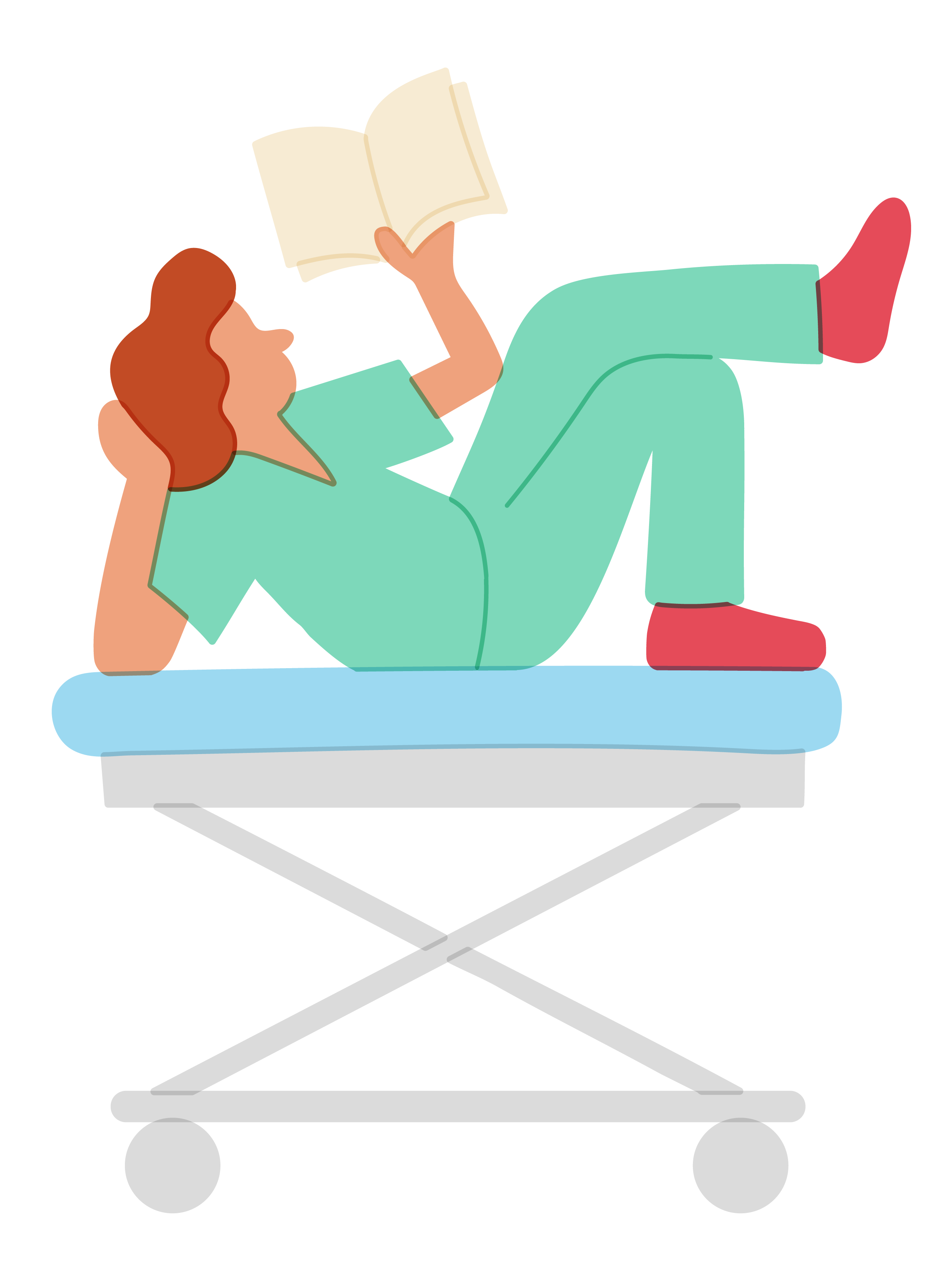Just as there is no one right path to medical school, there is no one right time to take the MCAT. And as it turns out, there’s never a perfect time to drop everything and study full-time for a six to seven-hour multiple choice examination. Studying for the MCAT is challenging even if you have all day to focus on it, let alone if you’re also working five days a week.
But many people find success studying for the MCAT while balancing professional obligations - as someone who did the bulk of my studying while working a 40-hour week, here’s what I found helpful:
1. Manage expectations and set boundaries
Studying for the MCAT takes time and mental and emotional energy; there are no two ways about it. Depending on your relationship with your employer, feel free to let them know that you will also be studying during your employment. You may be working in a lab that has employed other premeds and understands that you may not be able to stay late to finish experiments like you used to if you’re studying. Or you may cut back on some of your shifts at work if it’s financially tenable (this won’t be the last time a medical career will require an upfront financial investment!). On the other hand, you may be working in an industry where you’re not as able to be forthright about your plan to apply to medical school, in which case you may need to be less direct. But try to avoid taking on projects where big deadlines coincide with your exam date. And while you may not be able to spell out your exact plans for medical school, any reasonable employer will appreciate open communication about what to expect from their employees.
In addition, you may find that you have to manage expectations in other areas of your life as well; whether that’s relationships with your friends and family or cutting back on extracurricular responsibilities. Premeds have a tendency to overcommit, but this is one instance where it pays to focus on one thing as much as possible.
2. Have a solid study schedule
Schedules are key for anyone undertaking the MCAT, but they will be especially important for those managing a study schedule on top of work. I found making a somewhat flexible schedule of weekly goals to be effective; while the weekly goals required stricter discipline, daily goals could be shifted around depending on the length of my workday. If I didn’t get home until 8pm, I’d study a little less that day and catch up tomorrow, and on days that ended early, I tried to get ahead on the next day’s content. In addition, you should be taking full-length practice tests in order to build testing stamina; if you’re working full-time, those tests will almost certainly fall on the weekend, so be ready to give up some Saturdays and Sundays. It can also be helpful to have a dedicated time and place to focus on MCAT studying, and to keep it separate from work. And if you commute to work, see if you can work a podcast or review book into your daily car or train ride.
Be sure to make your study schedule realistic based on your work commitments. If you’re working 40 hour weeks, then daily studying for a few months might be tenable. But if you’re regularly clocking 60+ hours per week, you might need to break up content review into smaller pieces over a longer time period, and you may benefit from taking more time off prior to your test.
3. Use vacation time
Depending on your circumstances, it may work in your favor to take a week or two off before the exam to focus solely on preparation for the MCAT. This time can be pivotal for many learners, and it’s important to feel like you’re in a good headspace in the days and hours leading up to the exam. Perhaps just as importantly, try to secure a few days off after the exam to do something enjoyable. You will have more than earned it, and you deserve something to look forward to after weeks of balancing work and study.
4. Make time for things that aren’t work or studying
Any MCAT preparation post worth its salt should have a word about balance. You know yourself, but make sure you’re doing things that aren’t working or studying to keep yourself sane. Sleeping well, eating well, socializing, and exercising tend to be good staples in any study routine. Try to pick 2-3 things that are non-negotiable anchors to your schedule; whether it’s a daily run or a weekly dinner with friends, taking steps to avoid burnout are just as important as content review.
So take a deep breath, and remember that the ability to balance multiple commitments and roles is also a great skill for future doctors to develop early on in their careers!


Comments